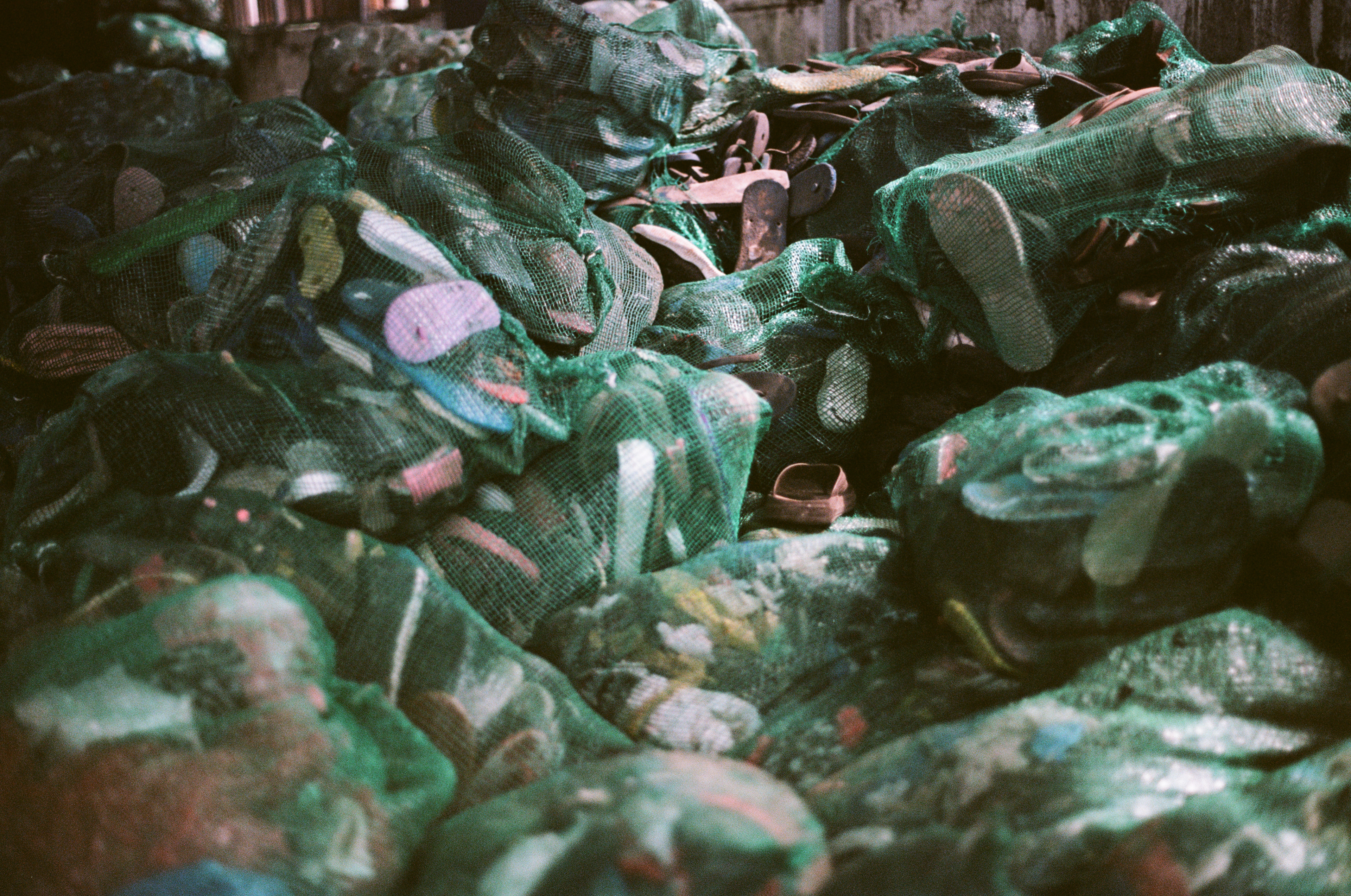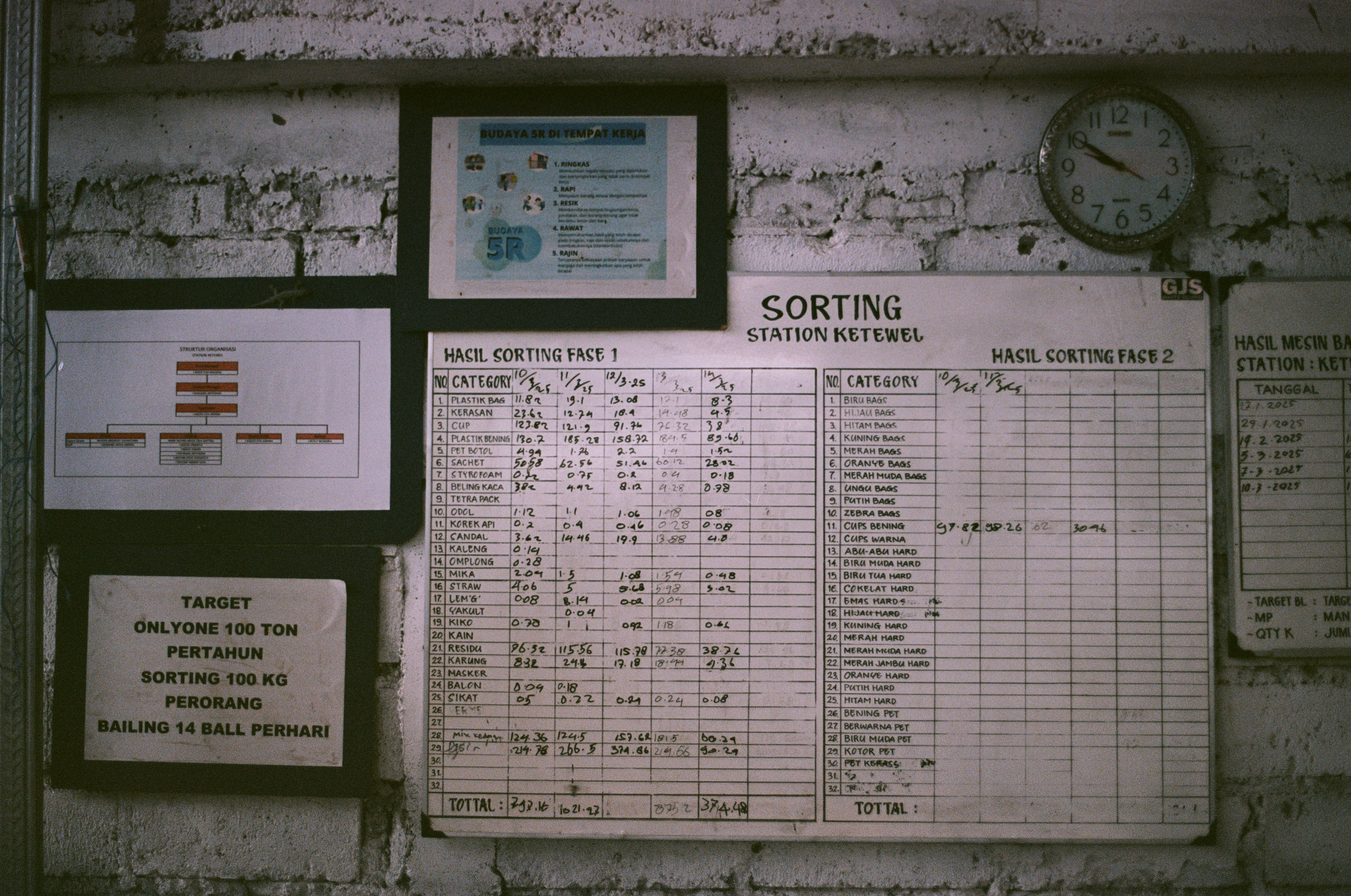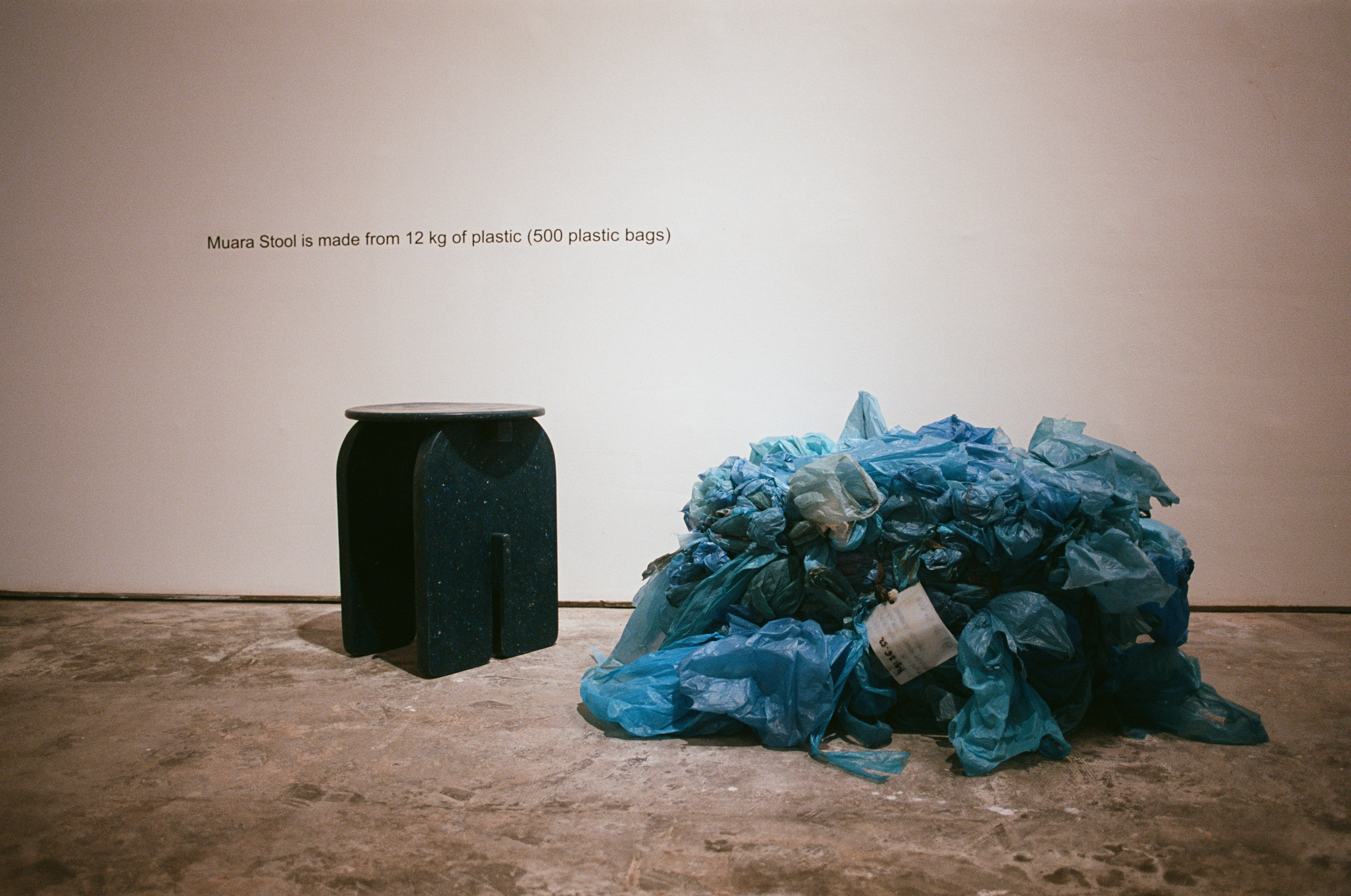The Heroes Behind a Chair
Project in progress
Bali, known for its breathtaking landscapes, is grappling with a growing environmental disaster as plastic waste overwhelms its rivers, beaches, and communities. The documentary showcases the tireless work of these individuals, often overlooked in mainstream narratives, who are driving Bali’s recycling movement. Their efforts not only provide environmental solutions but also challenge conventional perceptions of waste, showing how creativity and dedication can turn pollution into opportunity.
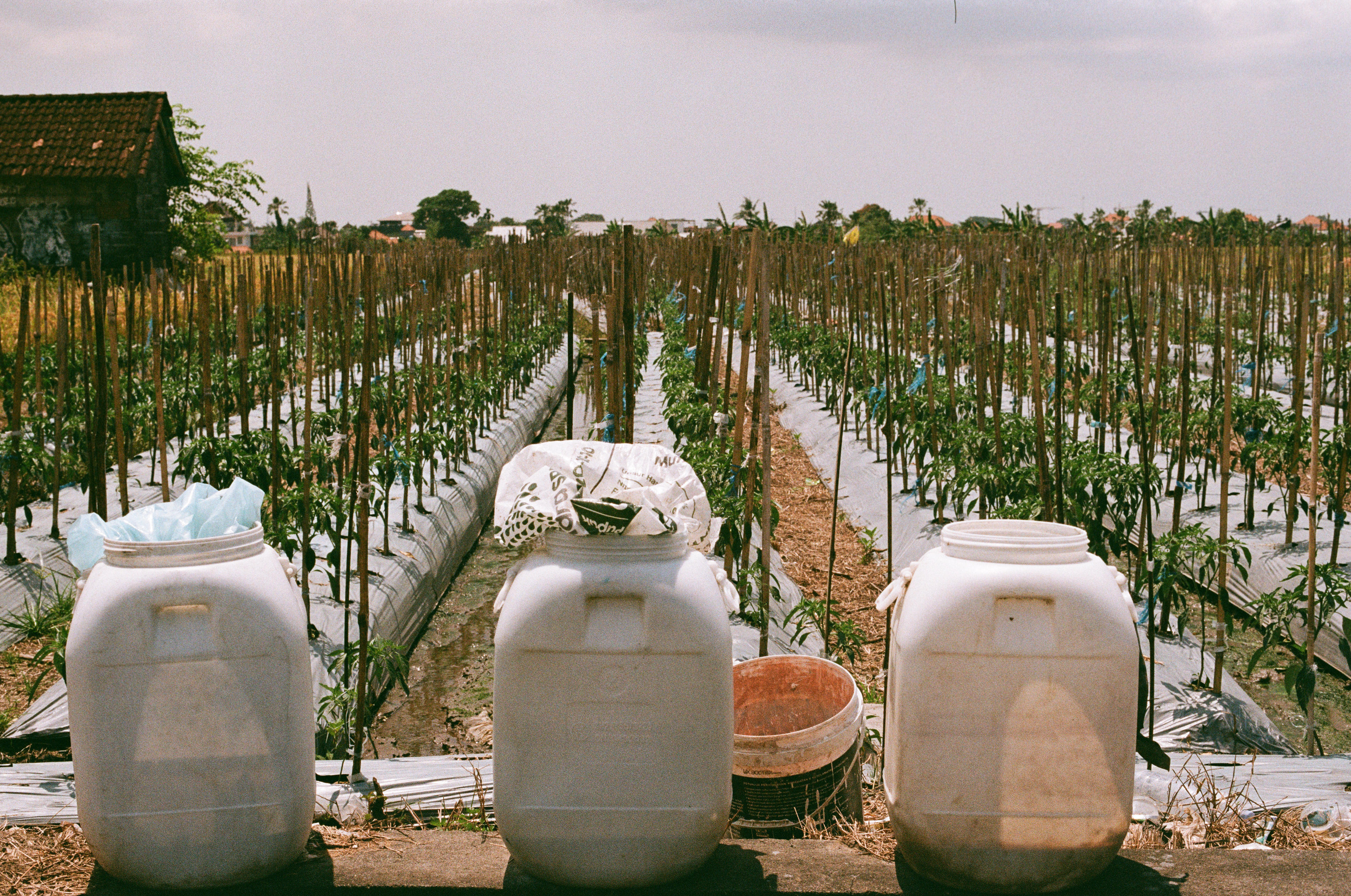

In Bali, plastic is everywhere, used for many things, including covering new crops. This helps protect the young plants from bad weather and pests, but it also adds to the growing environmental problems on the island. The plastic used to cover crops is left on abandoned fields, resulting in significant ecological issues. These lands remain unused as property owners seek higher financial returns by selling to foreign investors who leasehold lands for very little money. Plastic waste remains embedded in the soil while preparing the land for construction.



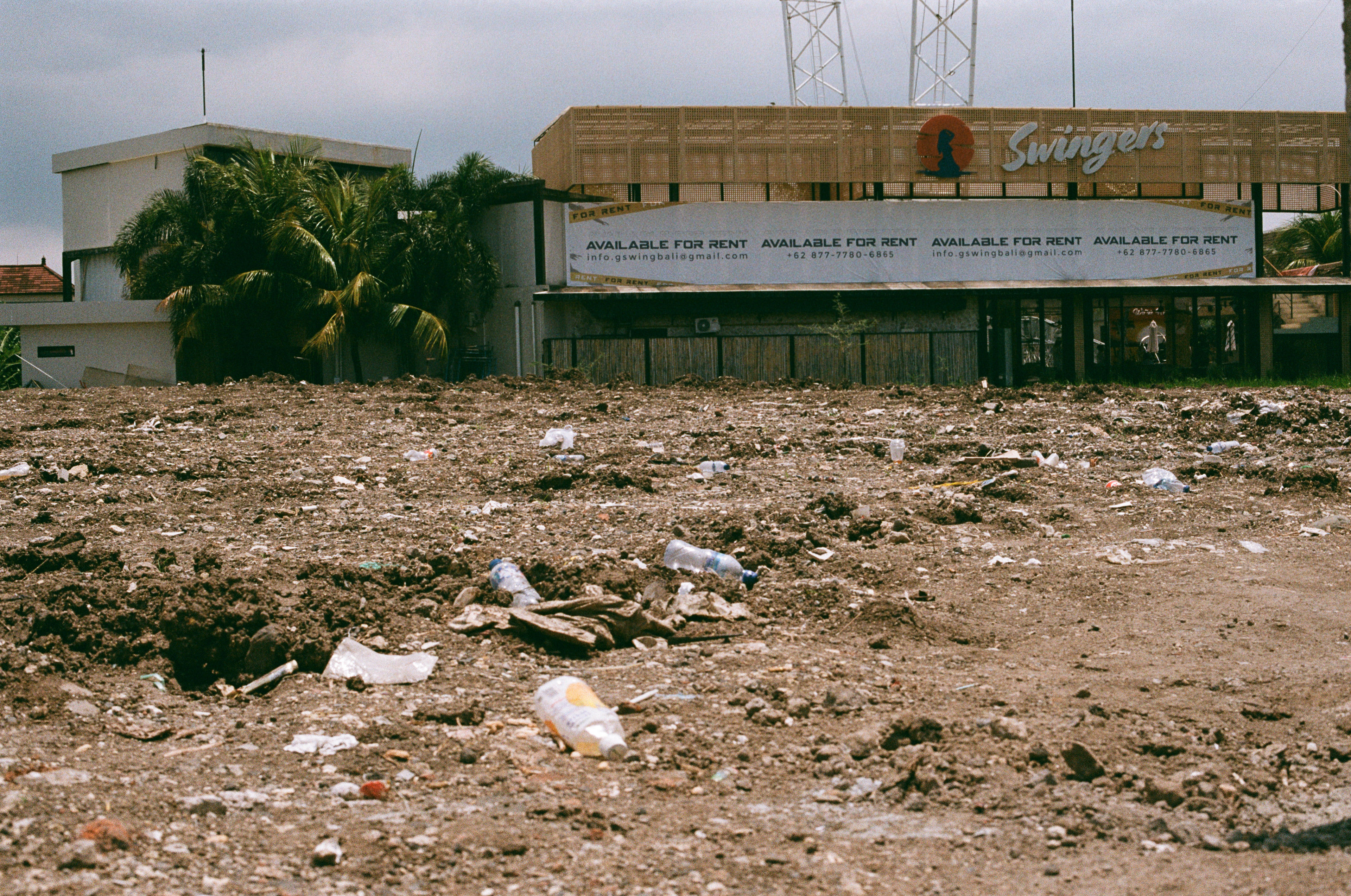
Rubbish and plastic waste are often discarded near residential areas, causing significant environmental issues and negatively impacting the surrounding environment. Plastic and other types of waste are abandoned in random spots, transforming them into makeshift dumpsites. During the rainy season, these wastes inevitably flow into nearby canals, eventually reaching the ocean and rice fields. While efforts have been made to block the waste, they have proven insufficient to address the scale of the problem.
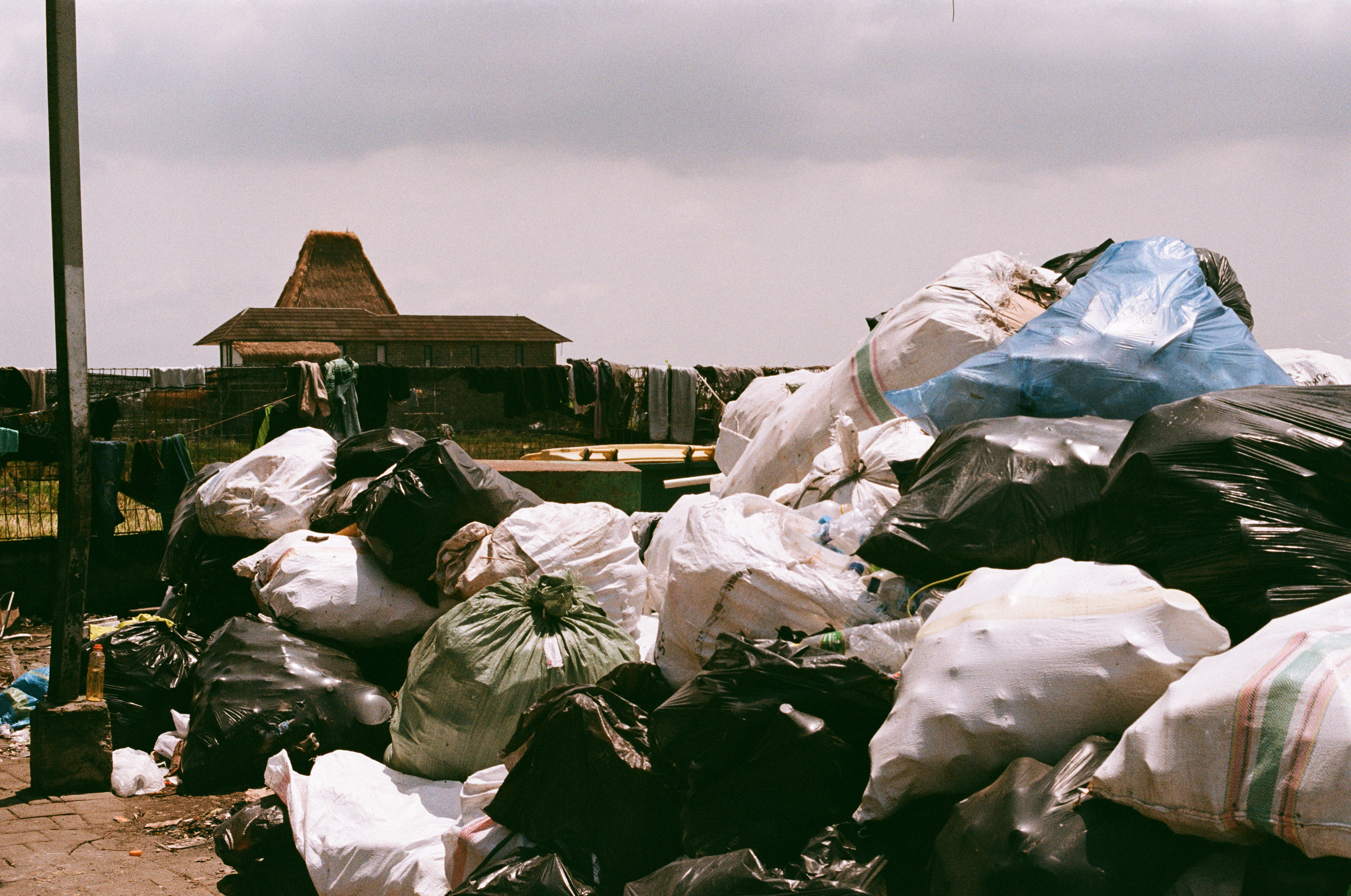

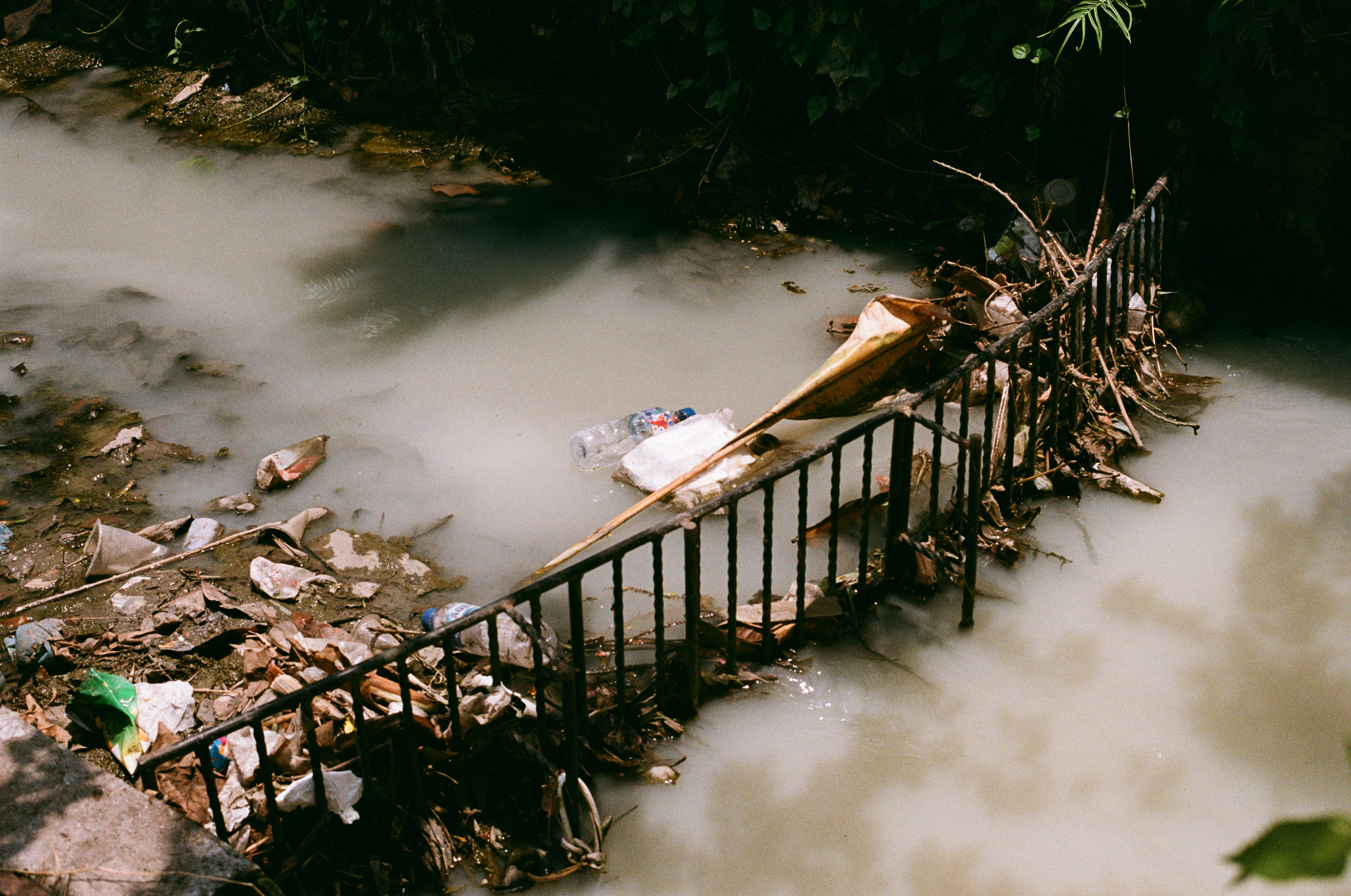
Heavy rainfall washes plastic and waste into irrigation channels, which then flow into the rice fields, leaving them covered with tonnes of plastic and fabric. Charity organizations are working tirelessly to keep the areas clean. Thanks to the dedicated efforts of staff and volunteers, enormous amounts of waste are collected daily and transported to sorting facilities for proper disposal.


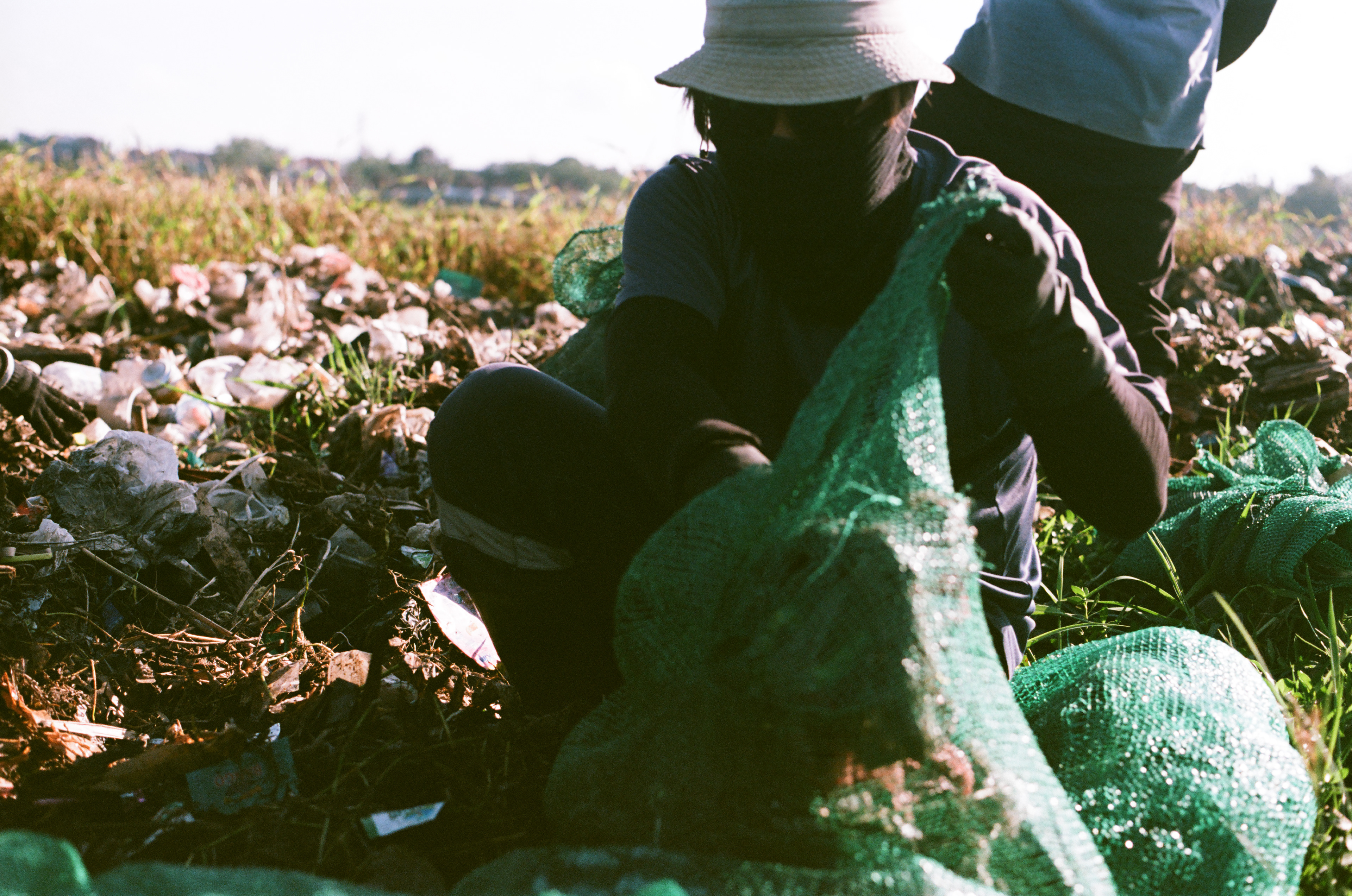
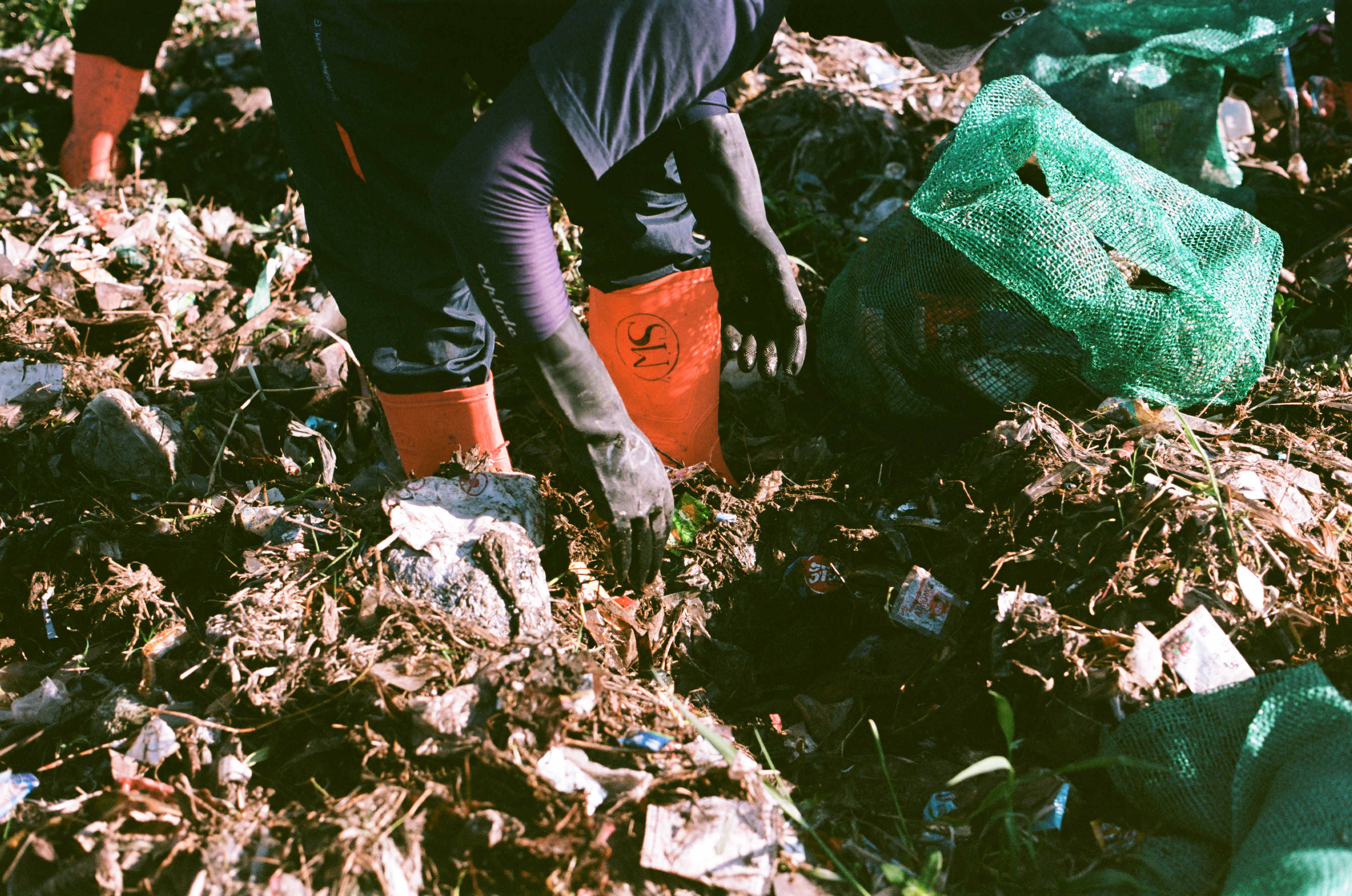
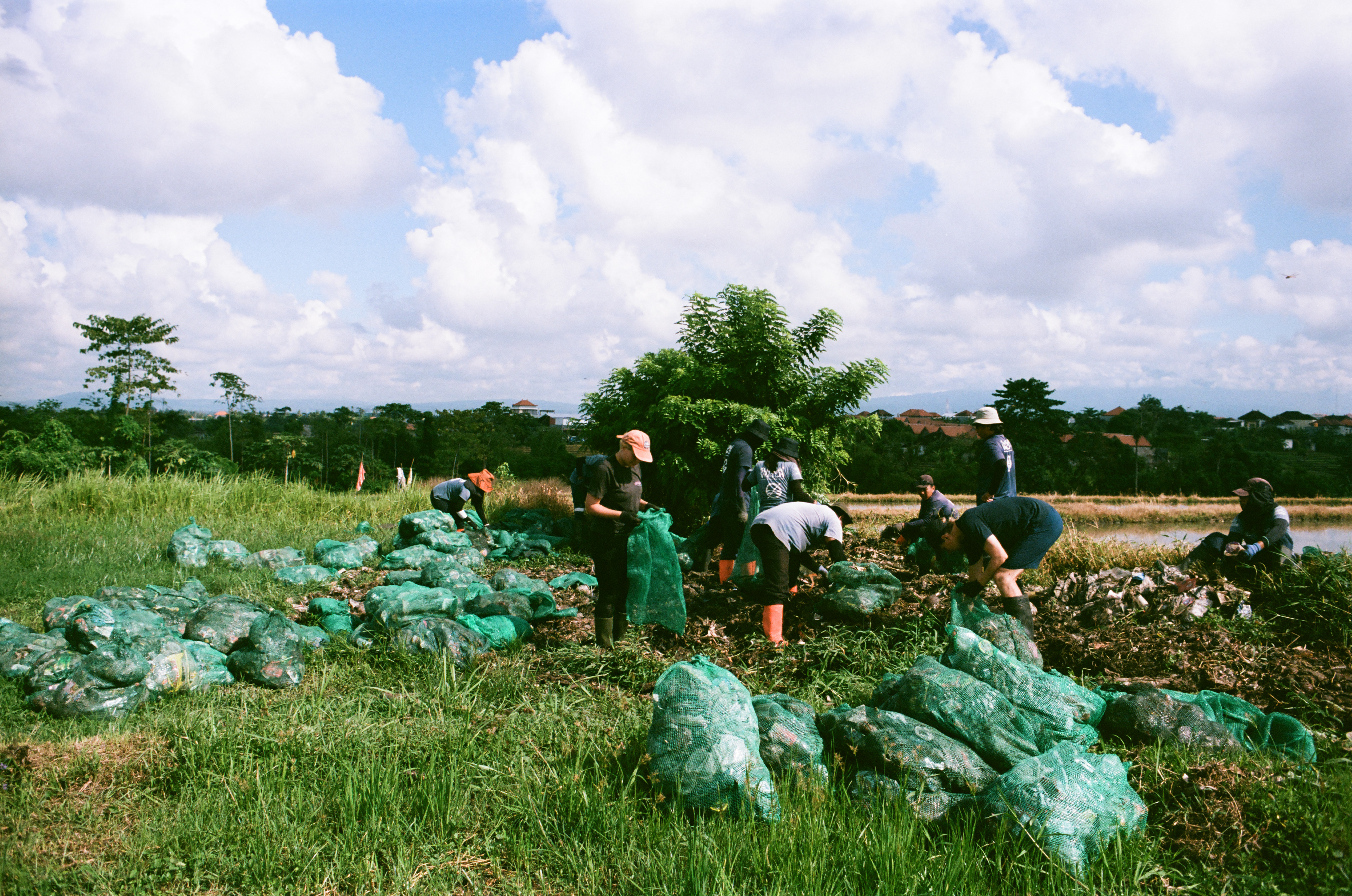
At the sorting facilities, plastic and various types of waste are collected in perforated bags. The sorting process begins by separating the bags that come from beaches, rivers, and land. The waste is then sorted by type, including plastic, fabric, shoes, and other materials, and placed into separate bags. Once sorted, the bags are compressed and stacked for further processing. Throughout the entire process, the waste is carefully weighed, monitored, and systematically processed for proper disposal or recycling.




